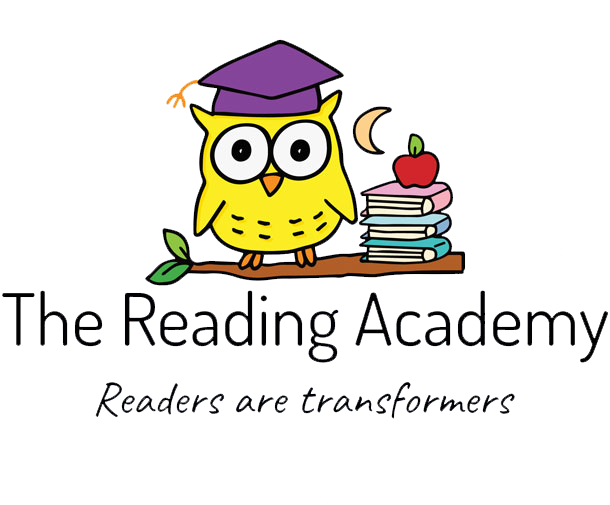Literacy, the ability to read and write, is a fundamental skill that is necessary for success in life. In the United States, however, literacy rates are not as high as they should be. According to the National Assessment of Adult Literacy, nearly one in five American adults has low literacy skills, which means they struggle with basic tasks such as reading instructions or filling out a job application. This is a concerning trend that affects not only the individual but also the wider society.
Low literacy rates have numerous negative impacts, including limited job opportunities, reduced earning potential, and poor health outcomes. Those with low literacy skills are more likely to be unemployed or earn lower wages, which can perpetuate cycles of poverty and inequality. In addition, they may struggle to access and understand important health information, which can lead to poor health outcomes.
Improving literacy rates in the US requires a concerted effort from various stakeholders. It begins with recognizing the importance of literacy and investing in educational programs that promote literacy skills. Parents, teachers, and policymakers all have a role to play in promoting literacy.
Parents can promote literacy by reading to their children from a young age and encouraging them to read independently. This not only helps children develop literacy skills but also fosters a love of reading, which can have lifelong benefits. Teachers can also play a critical role by providing high-quality literacy instruction and engaging students in reading and writing activities. Additionally, policymakers can support literacy by investing in educational programs that promote literacy, such as adult education and literacy programs.
In recent years, there have been some positive developments in the promotion of literacy in the US. For example, the Every Student Succeeds Act (ESSA), which was signed into law in 2015, includes provisions that support literacy instruction in schools. Additionally, many organizations and nonprofits are working to promote literacy, such as the National Center for Families Learning and the Barbara Bush Foundation for Family Literacy.
Improving literacy rates in the US is crucial for promoting social mobility, reducing inequality, and improving health outcomes. By investing in educational programs and promoting literacy from a young age, we can help ensure that all Americans have the necessary literacy skills to succeed in life.
